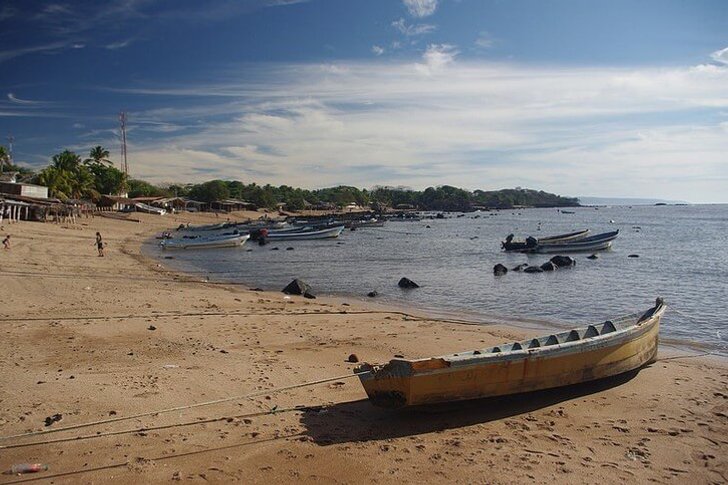In its small territory, El Salvador managed to fit a huge historical and architectural heritage, rich culture and luxurious nature. What attracts tourists to this South American country so much?
The capital of El Salvador is actively developing. Neighborhoods with banks and offices are growing right next to the poor and dirty areas. But the locals manage to ignore this. San Salvador has a lot of beautiful colonial architecture, and the nature here is beautiful. The most soulful city in the country can be called Suchitoto, where you need to come to relax your soul. In addition to incredible landscapes and delicious cuisine, friendly and romantic streets with ancient architecture await tourists.
In El Salvador there are very interesting ruins of Mayan settlements. They include tombs, household items and funeral rituals. Archaeologists continue to find some objects on the islands in the middle of the most beautiful volcanic lakes. There are many volcanoes in the country, among which the most active is Izalco. It erupts every eight minutes. For lovers of ecotourism, tours to national parks have been created, which introduce the rich flora and fauna of the country.
What to see in El Salvador?
The most interesting and beautiful places, photos and a brief description.
Tasumal
These are the ruins of the largest Mayan city in El Salvador. They date back to 100-1200 years. The complex includes pyramids, temples, tombs, ritual objects. The name of the city is translated as "the place of burning of the victims." It also has a ball court and a drainage system. In the center of Tasumal, its main structure is a ceremonial platform 24 meters high. Near it, 23 tombs with artifacts were found.
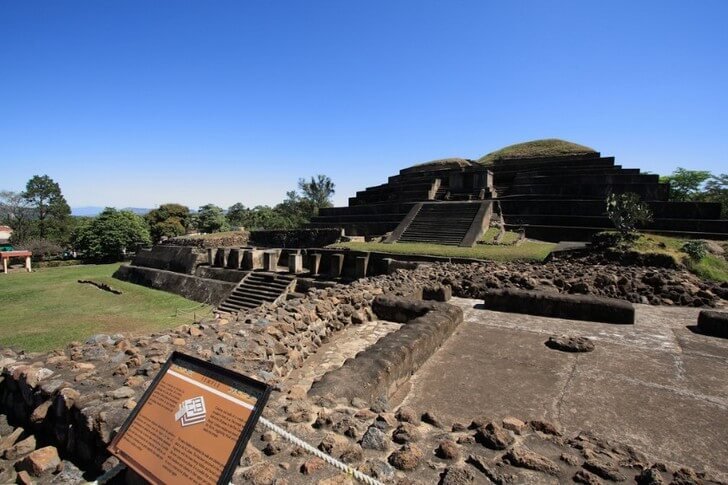
City of San Salvador
It is the capital of El Salvador and the largest city in the country. It is located in the valley of the Amacas River, at the foot of the San Salvador volcano. It was founded in 1525 by the Spanish conquerors. Therefore, the city has many historical and architectural monuments. Also there are restaurants, shopping centers, clubs, banks. However, San Salvador is called the crime capital of the world.
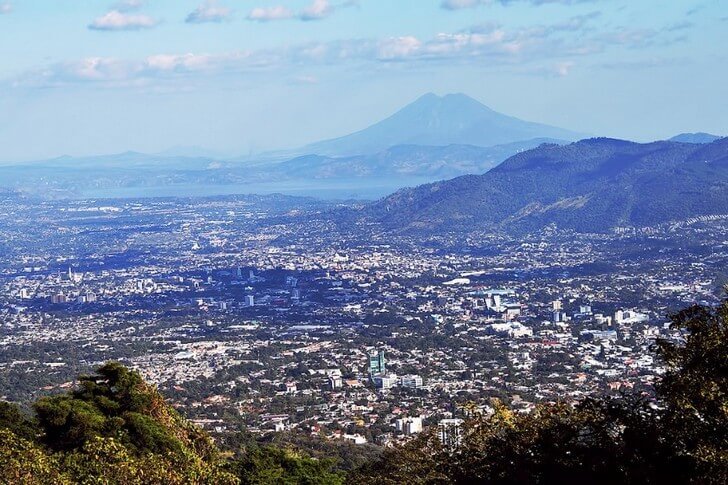
El Boqueron Park
El Boqueron is very popular with tourists. In addition to the luxurious flora and fauna on its territory is the crater of the San Salvador volcano, also known as the Quetzaltepec Volcano. The last detection of volcanic activity was in 1917. Several cities were affected by it. The park organizes climbs to the crater of the volcano, cycling, there are trails for ecotourism.
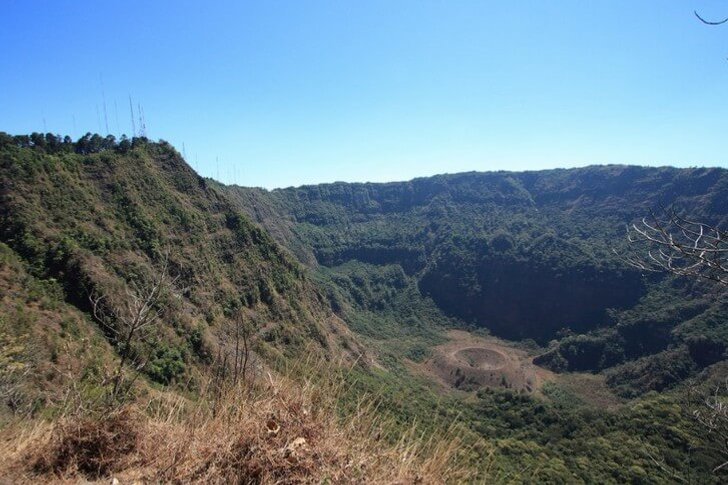
Lake Ilopango
The lake was formed after a powerful eruption of the San Salvador volcano. It happened in the 5th century and caused great damage to the Maya Indians living in South America. The area of Lake Ilopango is 72 km². Its depth is 230 meters, and it is located at an altitude of 440 meters from the city of San Salvador.
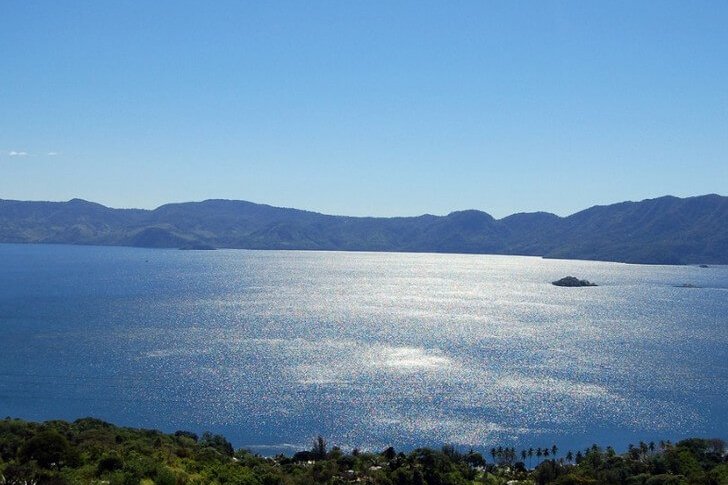
El Imposible National Park
The main national park of El Salvador, El Imposible, was founded in 1989. A few years later, it was added to the UNESCO World Heritage List. On an area of 5 thousand hectares, a huge number of plants and animals grow and live. Among them are hummingbirds, ocelots, emerald toucans, deer and black eagles. There are also over 500 species of butterflies.
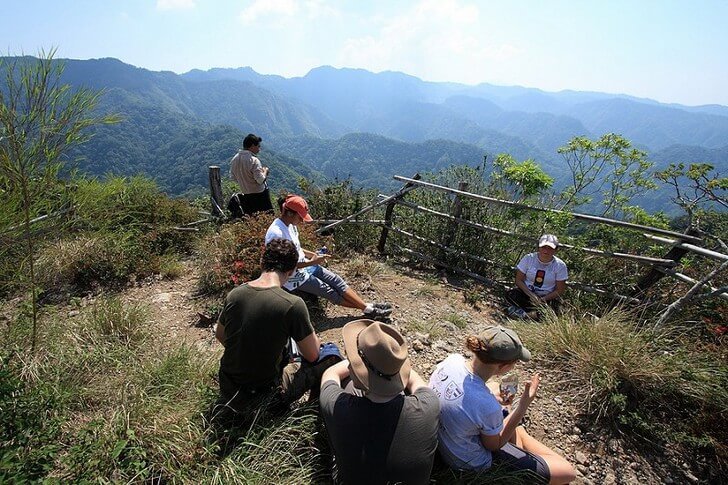
City of Santa Anna
It is a city of fertile land, amazing scenery and perfect weather. Just what the rich need. They have chosen this place for a long time and began to actively build it up. Today Santa Anna is one of the most developed cities in El Salvador. It has a lot of beautiful architecture, churches, cinemas, restaurants. And the city is surrounded by three volcanoes with hot springs and a national park.
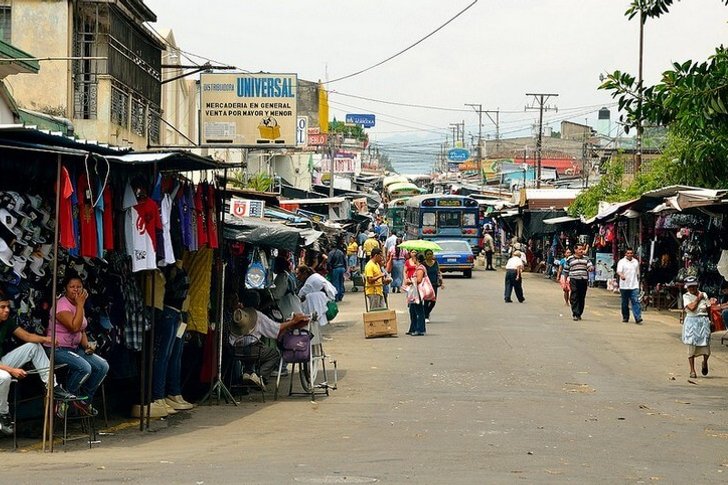
Caldera Coatepeque
The caldera was formed due to powerful volcanic eruptions tens of thousands of years ago. Over time, Lake Coatepeque appeared in it. Its area is 25.3 km², which makes the lake one of the largest in El Salvador. In some places, the water in it is warm due to hot springs. On the lake there is the island Teopan, sacred to the Mayans. Tourists on Coatepec love to do water sports.
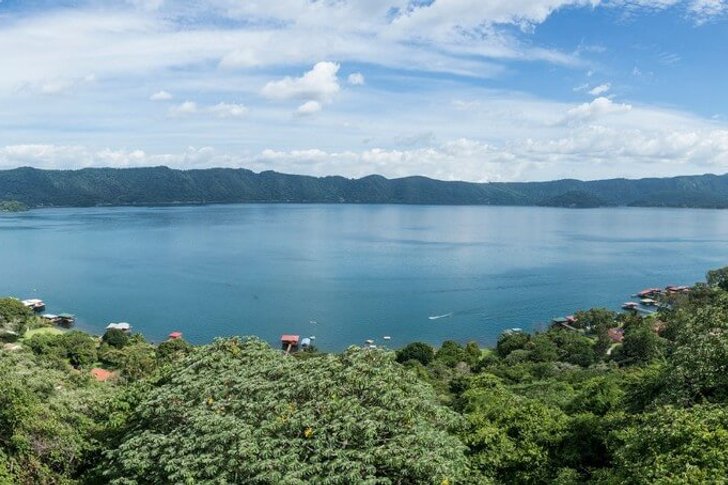
Santa Ana Volcano
This is the highest point in El Salvador, which attracts many tourists. The height of the volcano is 2385 meters. He is one of the youngest in South America. Since the 16th century, the volcano has erupted 15 times, the last in 2005. Climbing Santa Ana does not require special physical preparation, but the hike is exhausting. The reward for the tourist will be a breathtaking panorama of the surroundings.
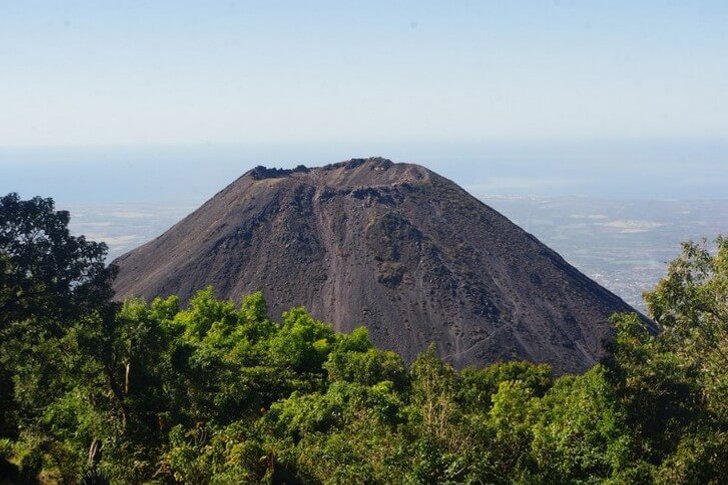
City of Suchitoto
On the shores of Lake Lago de Suchitlán lies a picturesque town whose name translates as "the city of birds and flowers." Despite its small size, Suchitoto is called the most beautiful city in the country. Here flows a calm, measured and happy life. Suchitoto has a lot of luxurious colonial architecture, there is no noise and rush here. Also here you can taste the most delicious traditional food in El Salvador.
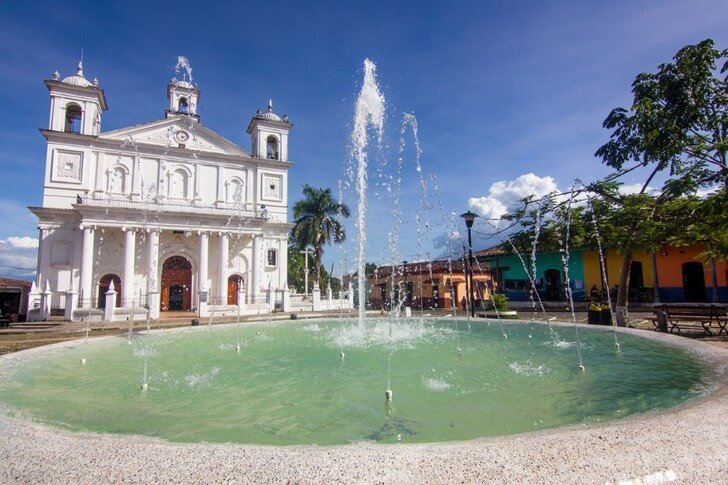
chihuatan
A large Mayan archaeological complex is located 39 kilometers from the capital of El Salvador. The city was founded in the 10th century, but abandoned around 1200. Its name translates as "city of women". You can spend all day studying it. The territory of Chihuatana, almost 4 km², covers pyramids, burial plots, a ball game field, many figurines, ritual objects.
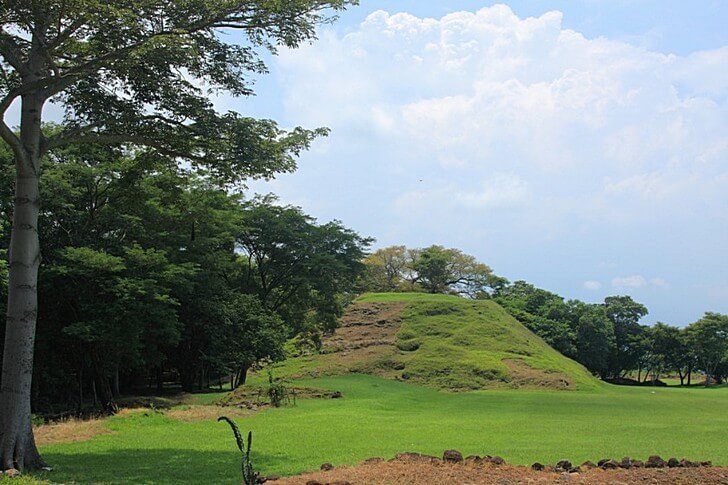
Volcano San Miguel
It is the third largest volcano in El Salvador. It is located in the east of the country, its height is 2130 meters, and the diameter of the crater is 800 meters. The volcano makes itself felt from time to time. Most recently, he threw out a plume of ash and hot gases. The ejection height was almost 2 thousand meters. Near the volcano there is a very cozy and tidy town where tourists stay.
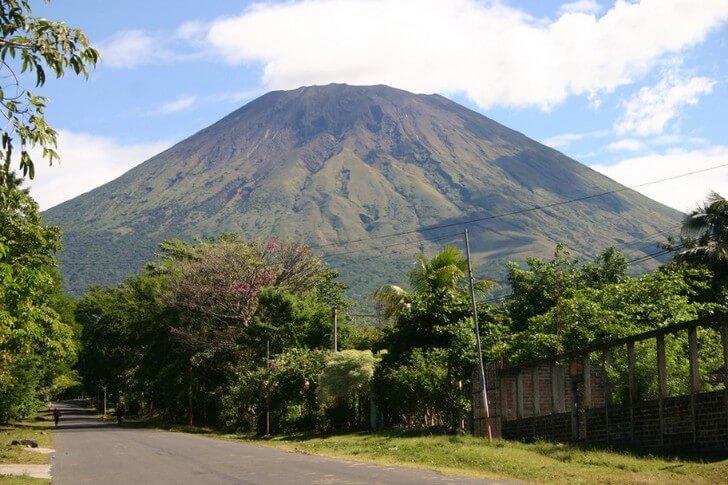
Lake Guija (Lago de Guija)
It is the largest natural lake in El Salvador. Its area is 44 km². It is located on the border of El Salvador and Guatemala. It is of volcanic origin, fed by tributaries of several rivers and surrounded by cones of picturesque volcanoes. There are several islands on the lake where archaeologists have found interesting artifacts.
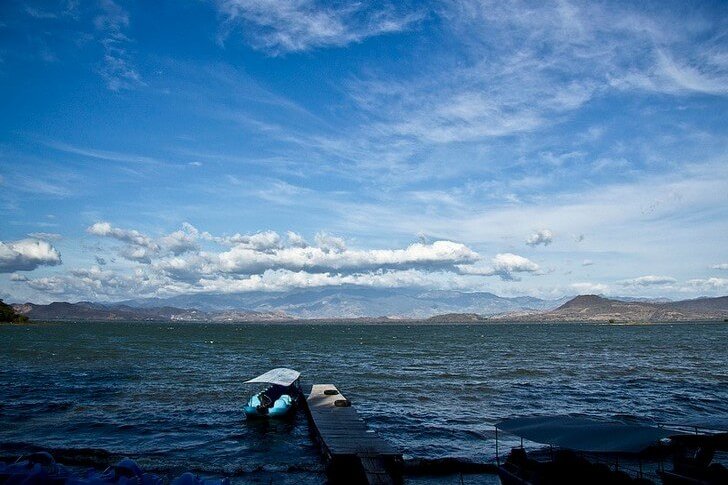
Hoya de Seren
This archaeological complex is called the Pompeii of South America. It was formed after the eruption of the Loma Caldera volcano in 600 AD. As a result, the Mayan settlement was destroyed. More than 12 thousand inhabitants left their homes and acquired wealth. They were found in 1976. Archaeologists have unearthed workshops, cemeteries, houses, baths and entire streets. Due to the low temperature of the ash, the exhibits are perfectly preserved.

Gulf of Fonseca
This is a bay that washes the shores of El Salvador, Nicaragua and Honduras. It was discovered by a Spanish conquistador and named after the sworn enemy of Christopher Columbus - Juan Fonseca. The area of the bay is 3000 km², and the length is 74 km. Several cities are located along it. For tourists, a special route has been created along the bay, which will allow you to admire the forests, islands and landscapes of volcanic wave cones.
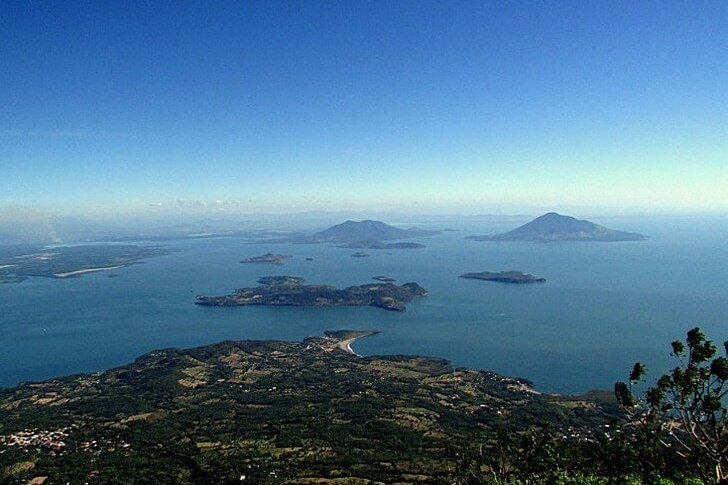
Church of El Rosario
This is the most unusual church in El Salvador, which does not at all correspond to ordinary ideas about the shrine. It is made of concrete and resembles a hangar. At first, they did not even want to consecrate such a church, but then they managed to persuade the Pope. The magic of El Rosario lies behind its colorful stained glass windows. Thanks to them, the rainbow color is scattered in the church. And after the service, cheerful songs are sung here.
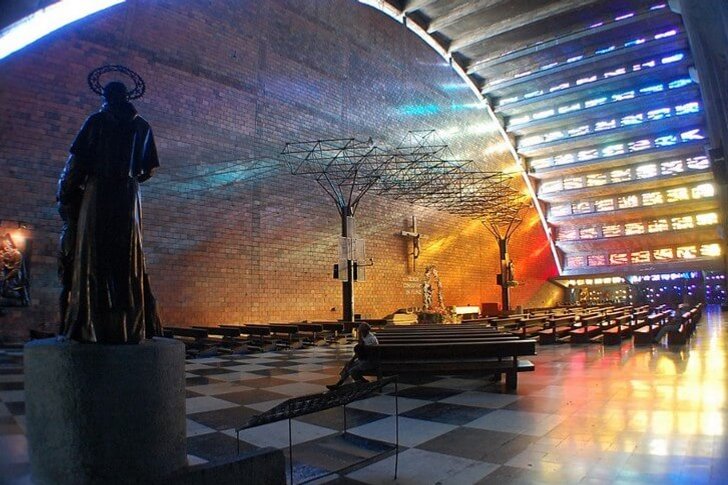
Los Cabanos beach
Los Cabanos beach is located on the coast of El Salvador. It has many hotels that accept tourists. There are also restaurants and cafes where you can eat delicious local food. There is no noise on the beach, it is quiet and calm. This is the perfect place for a romantic getaway. Tourists are waiting for the incredible beauty of landscapes, magnificent sunsets and solitude.
